To help Aboriginal and Torres Strait Islander corporations understand what Data Sovereignty means and why it matters...
Arnhem Land Progress Aboriginal Corporation

Ensuring the involvement of the next generation
The Arnhem Land Progress Aboriginal Corporation (ALPA) is an Aboriginal-owned and managed organisation which provides benefits to its members through running community retail stores.
The next generation of Yolŋu youth are given opportunities to become involved in managing ALPA through the Associated Director program. The Associate Director program includes two positions for young Aboriginal people to participate in the management of ALPA at a Board level. The Associate Directors are supported by the Non–Executive Directors, as well as being appointed a Mentor Associate Director, who is usually an Elder in the community with Board experience. The Mentor Associate Director assists the young Associate Directors in understanding the Board meeting protocols and processes as well as answering any questions that may arise about the content of discussions. The Associate Directors are not given any voting rights but are actively encouraged to participate in all Board discussions.
This program ensures that young Yolŋu people are not only given the opportunity to develop valuable leadership and business management skills but that they also given a voice in how their organisation is run.

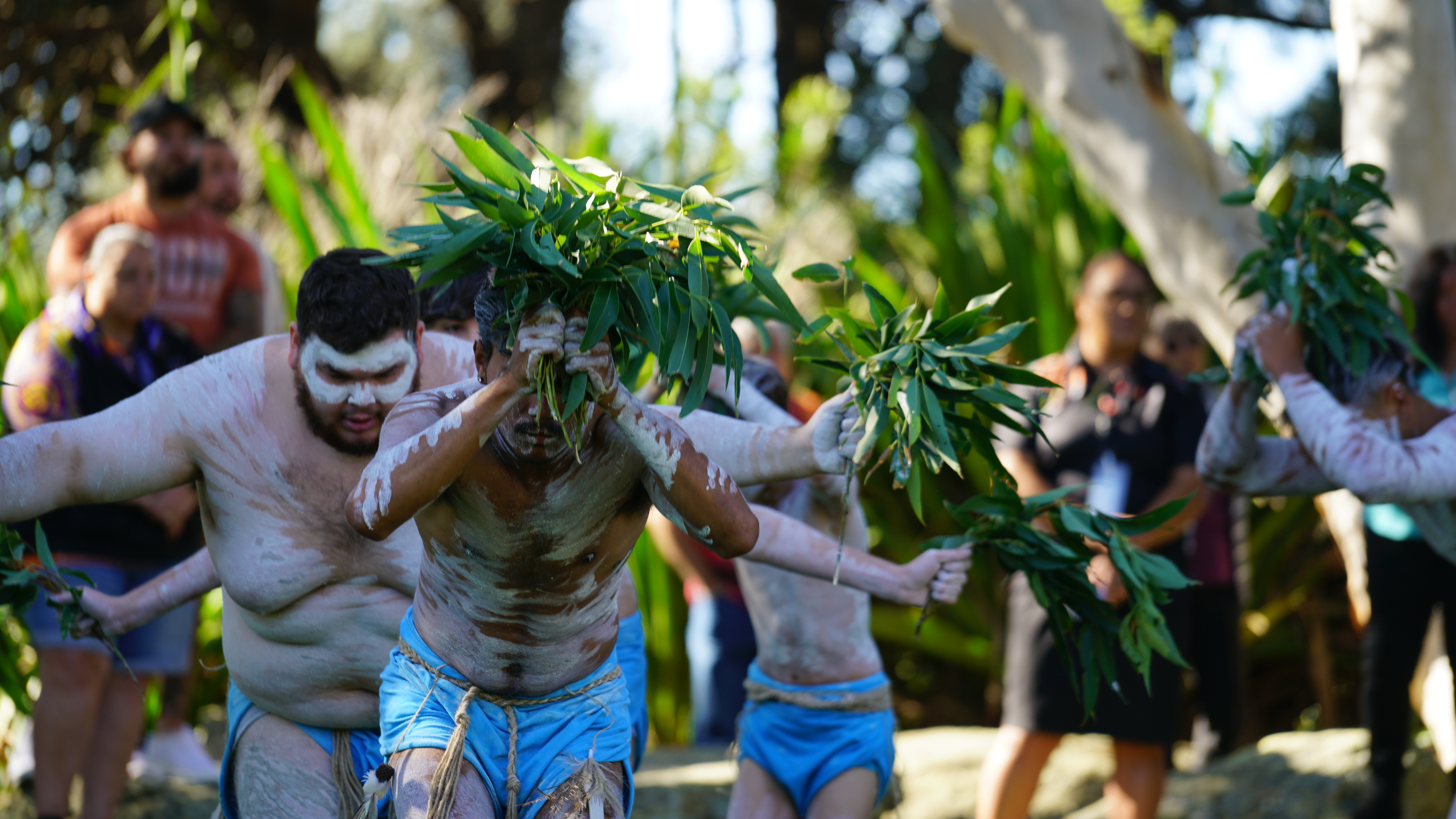
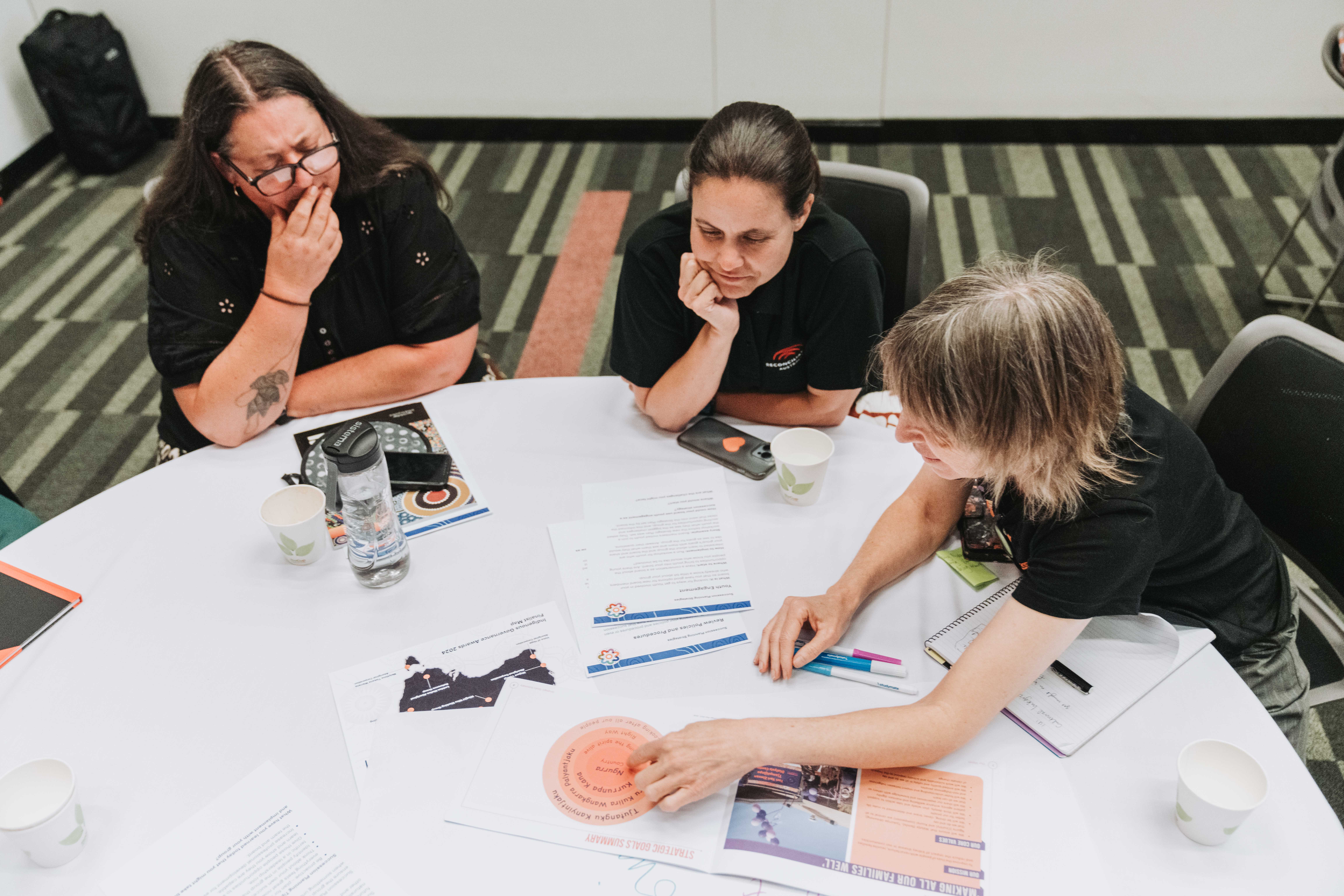
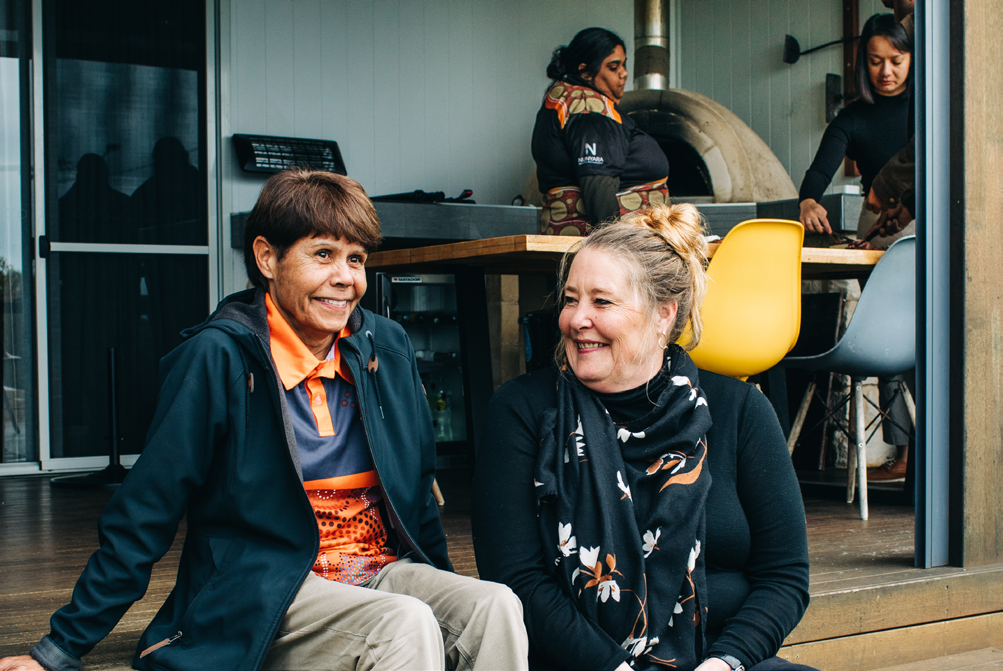

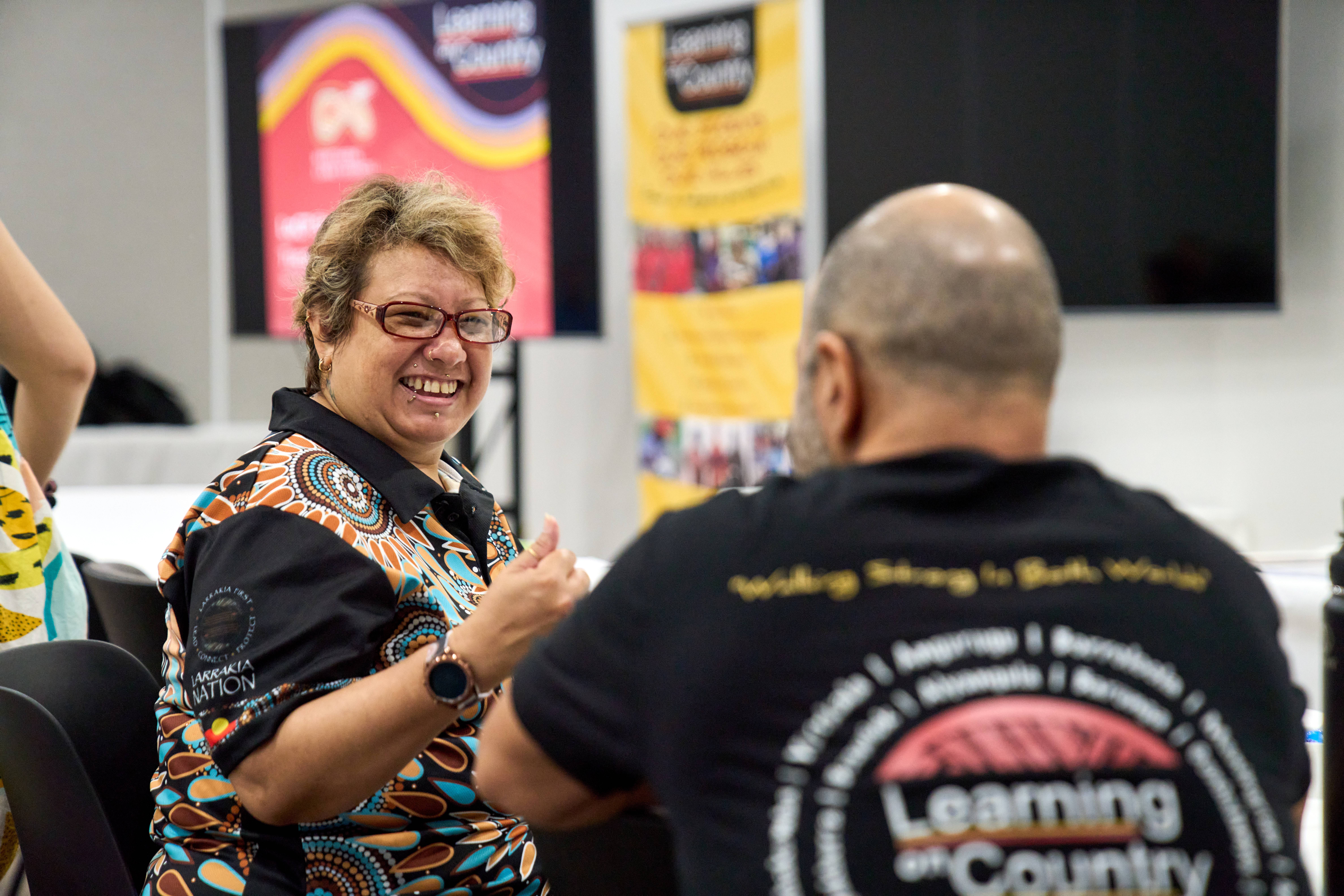
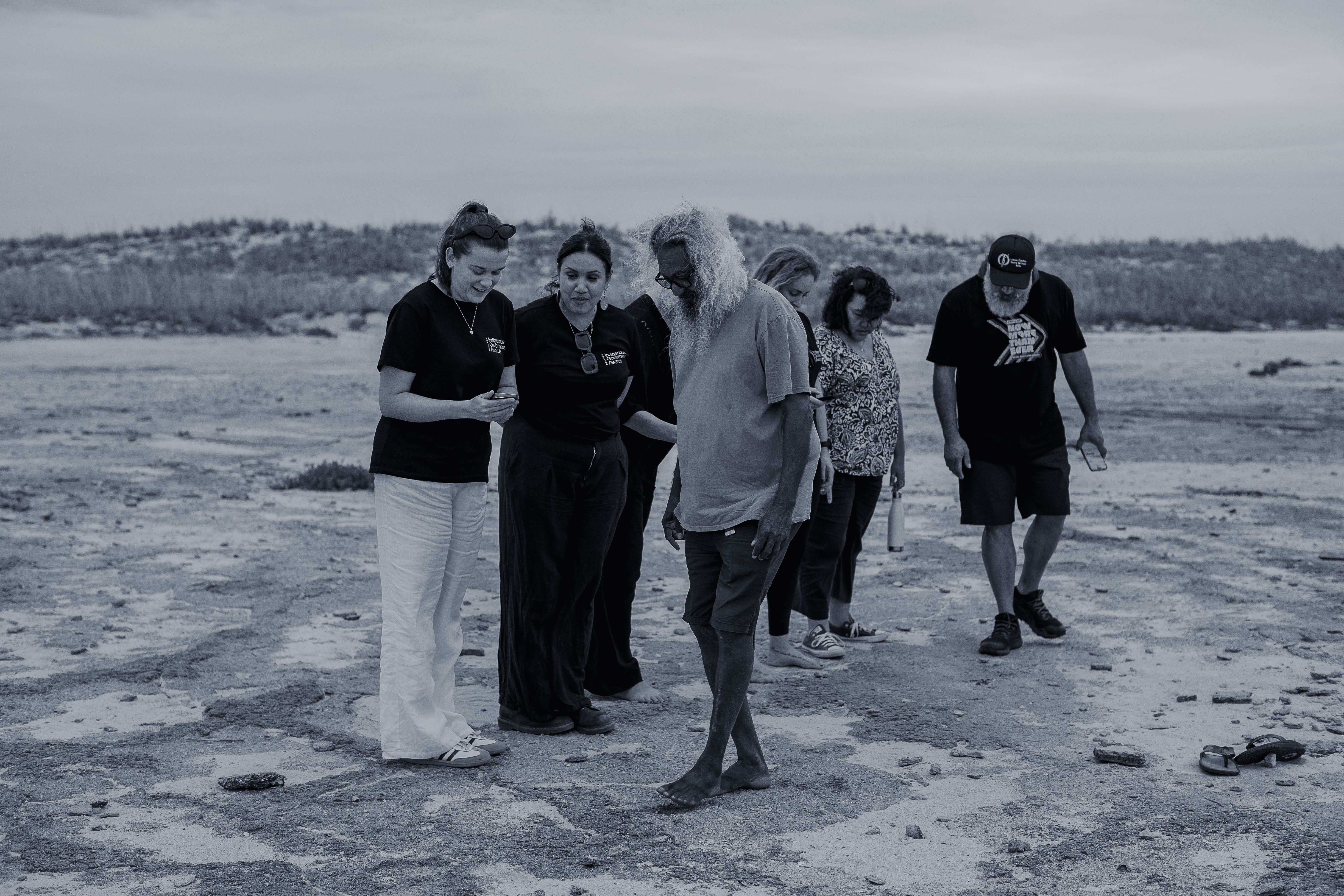





.png)

